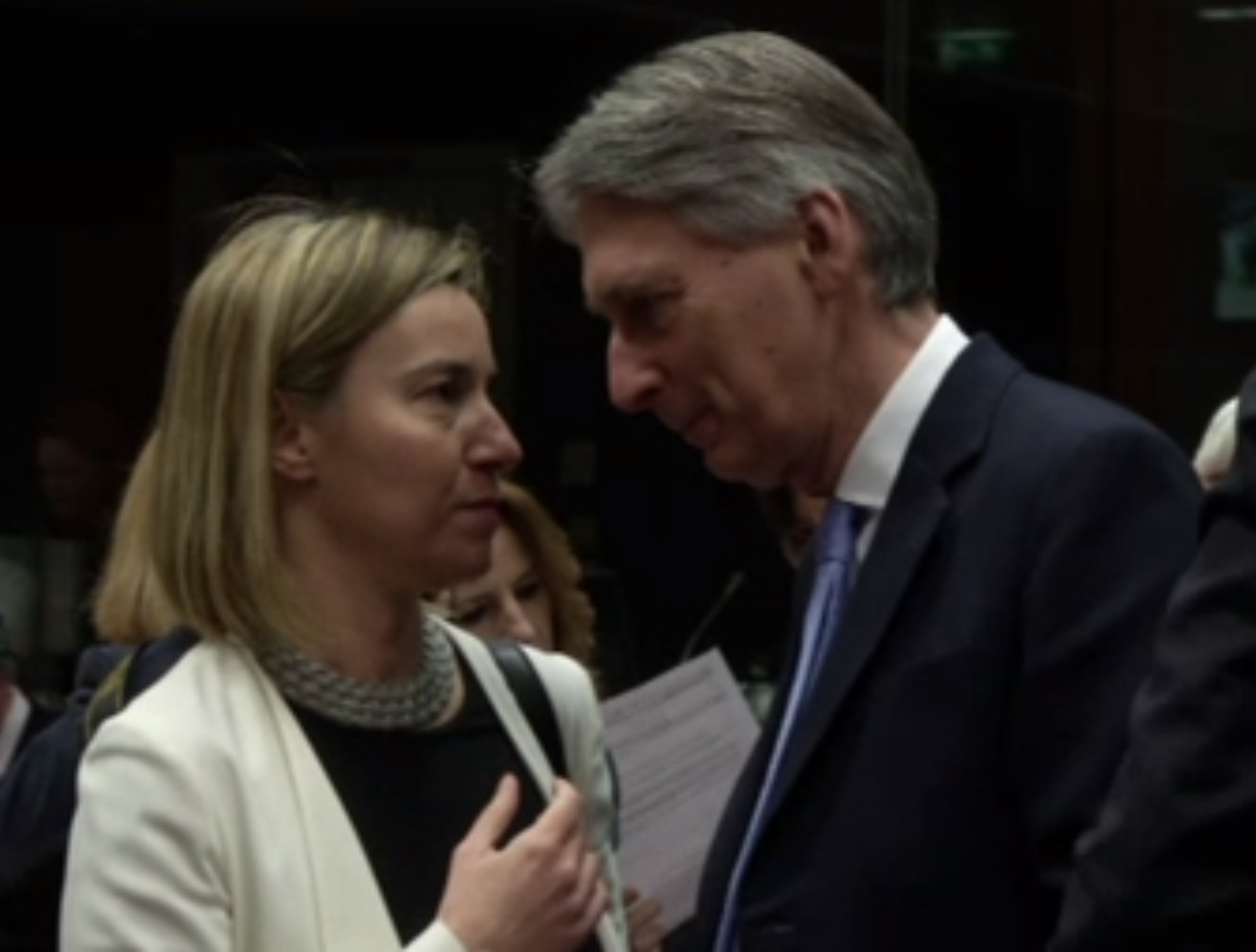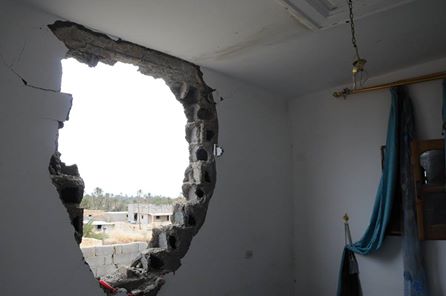By Libya Herald staff.

Tripoli, 16 March 2015:
The European Union is prepared to increase its counter-terrorism commitments in Libya . . .[restrict]in light of recent attacks by Islamic State but has ruled out a military intervention for the time being.
Following a meeting of the EU’s Foreign Affairs Council in Brussels, the organisation said “current political divisions and mutual mistrust between the main political stakeholders” was “helping terrorist groups such as Da’esh to consolidate their presence”.
It said the extremist group was “undermining Libya’s security and posing serious challenges to its neighbours, the wider region and Europe”.
However, the representatives from the European nations stopped short of making plans for a military invention which has been called for by a number of EU member countries over the last six months. Instead they urged opposed factions in the country to form a government of national unity.
“The formation of a National Unity Government would enable the EU to offer its full support to Libya to enhance counter-terrorism capacity in full compliance with human rights and rule of law,” the EU said.
Prior to the summit in the Belgian capital British Secretary of State Phillip Hammond told reporters that the European Union needed to see relative stability in the country before more help could be given.
“I think at the moment we have got to establish a ceasefire and get some unity between the warring factions inside Libya before we can talk about how we night then support a peace,” he said.
Last week the EU’s High Representative for Foreign Affairs Federica Mogherini met Secretary-General of the United Nations Ban Ki-moon in New York and then later went to Sharm Al-Sheikh to discuss the current situation regional players.
She said what was going on in the country was a “crisis that affects very much the region, but also directly the European Union, all of the European Union”.
On Wednesday the foreign ministers from Algeria, Egypt and Italy are to meet in Rome to talk about Libya. It is the parties’ stated intention to “discuss ways to find a comprehensive solution for the Libyan crisis, along with ways to restore security and stability and to fight against terrorism”.
[/restrict]











